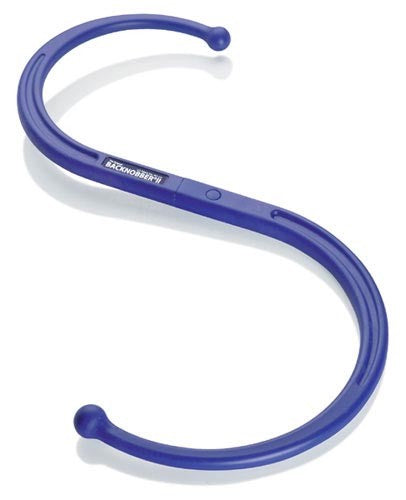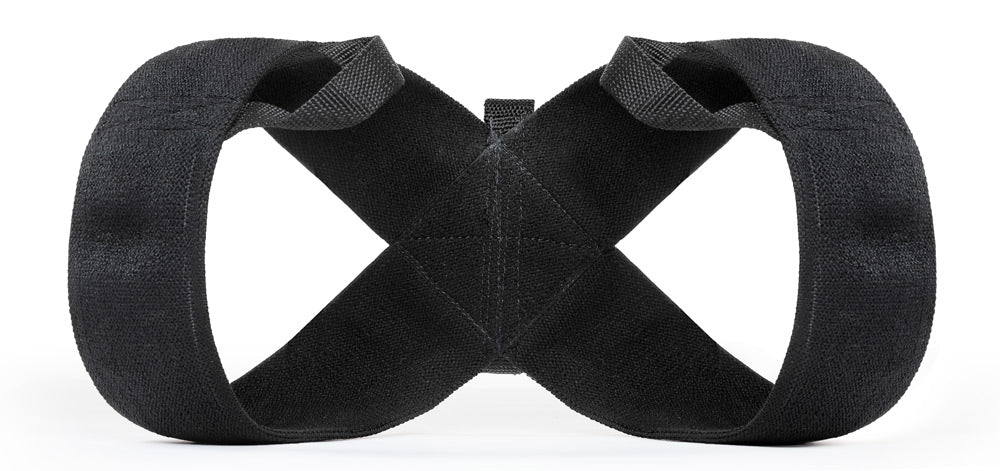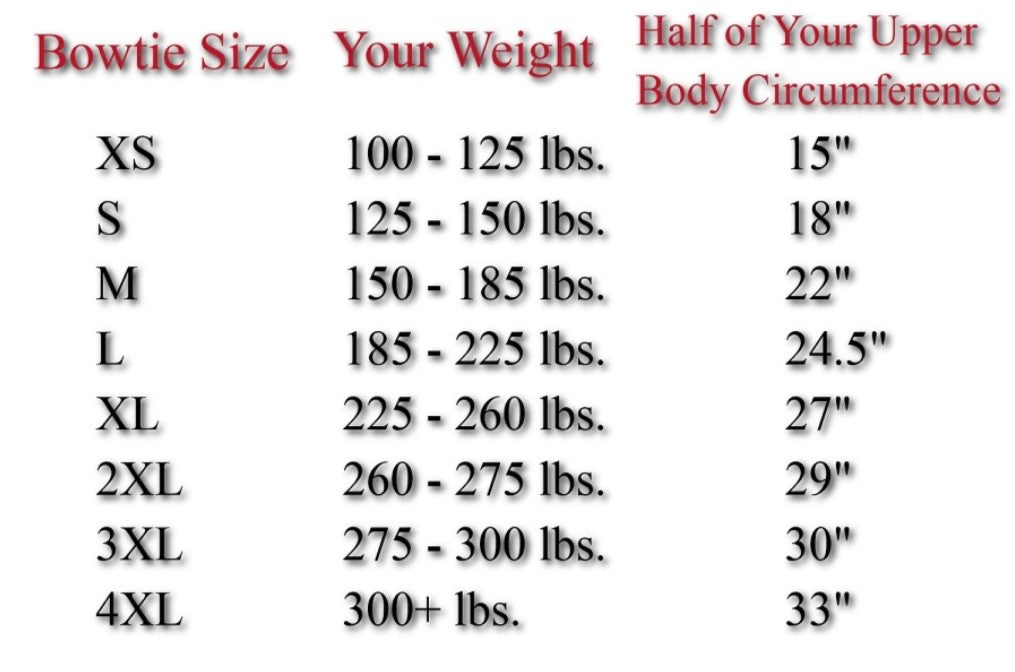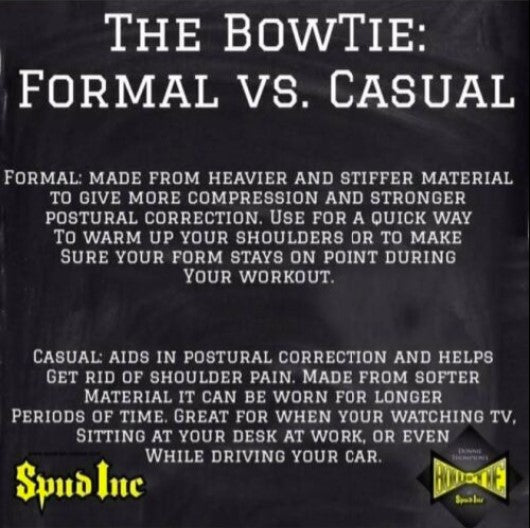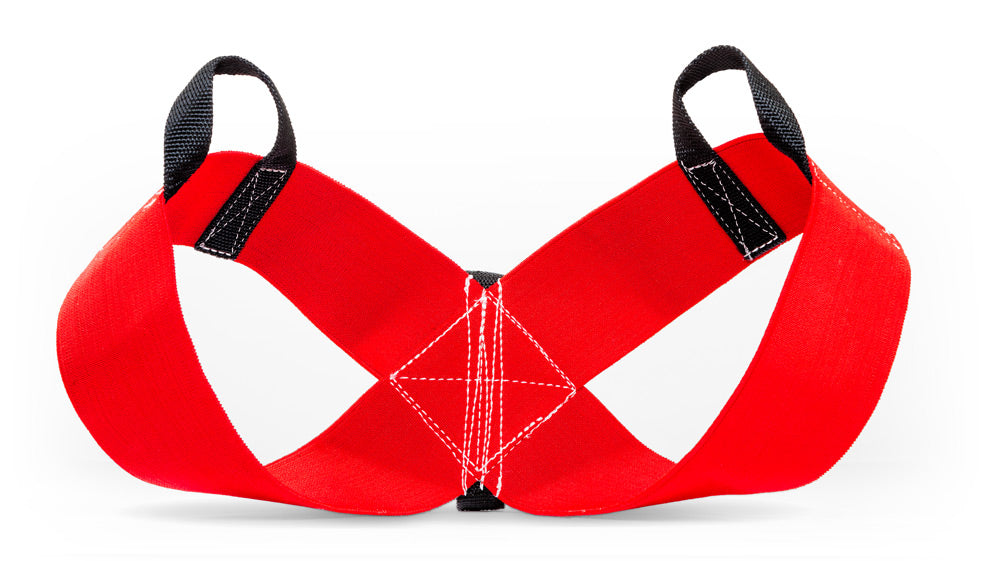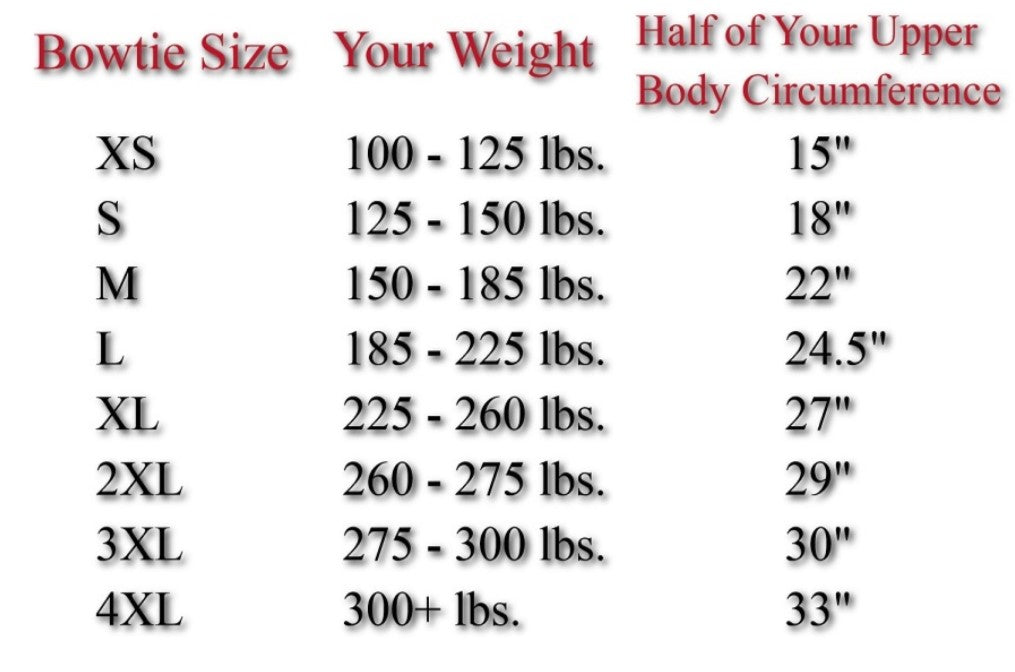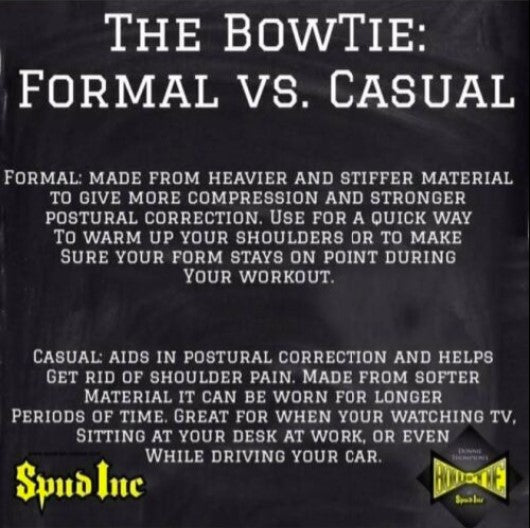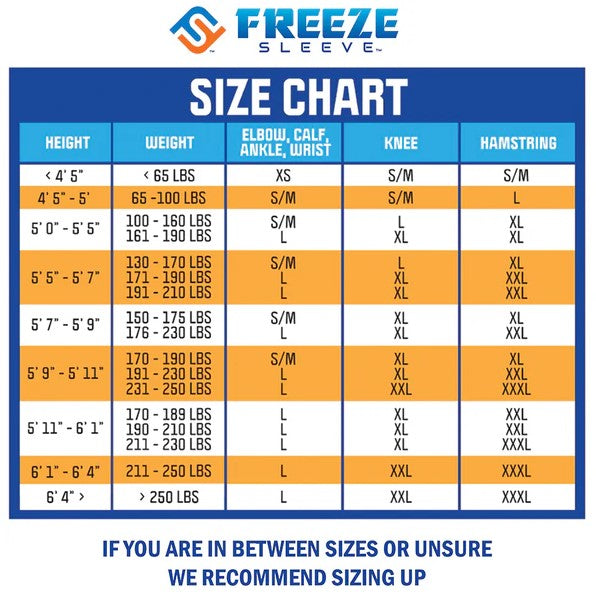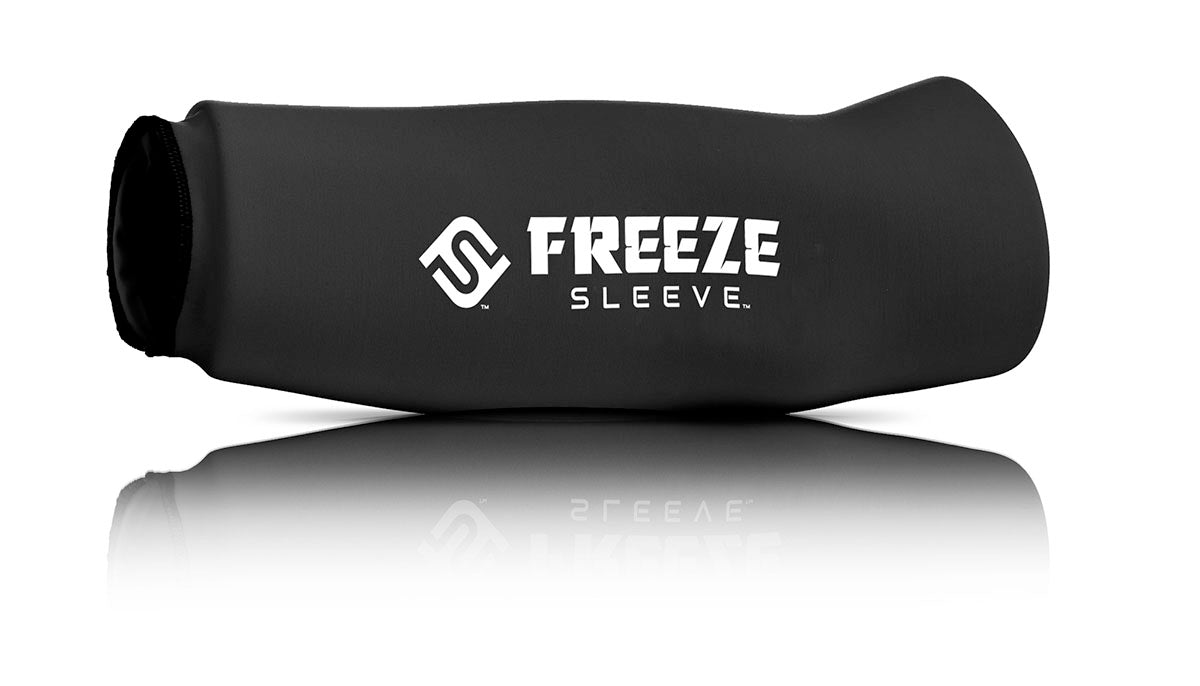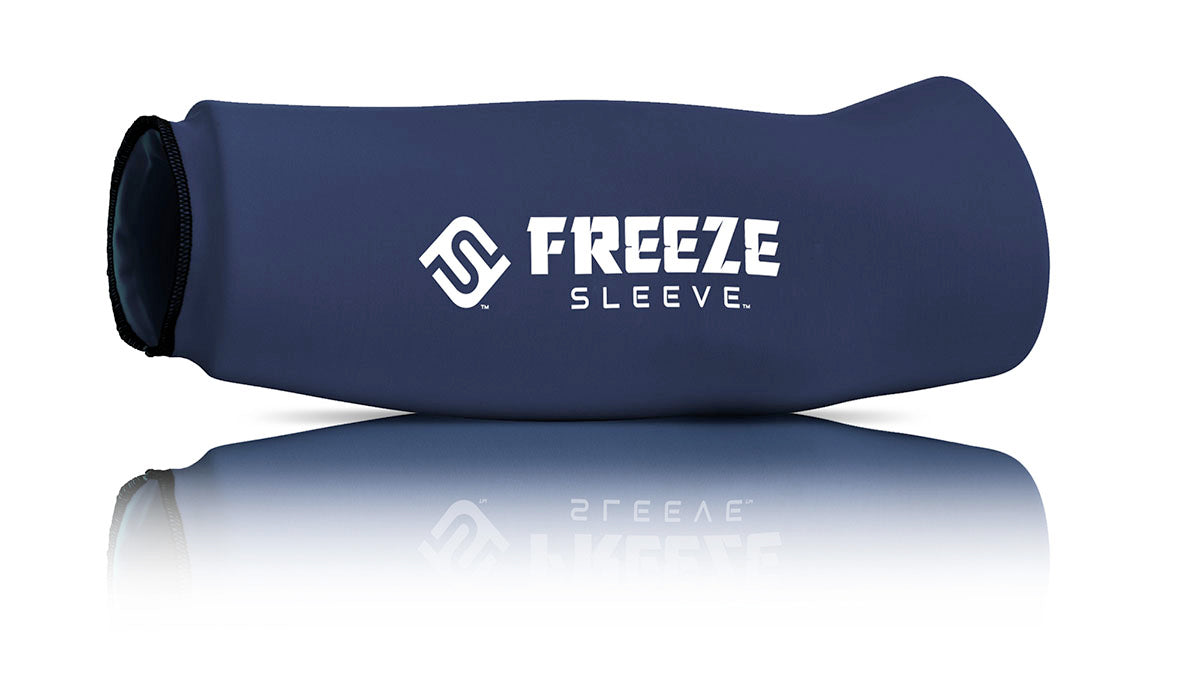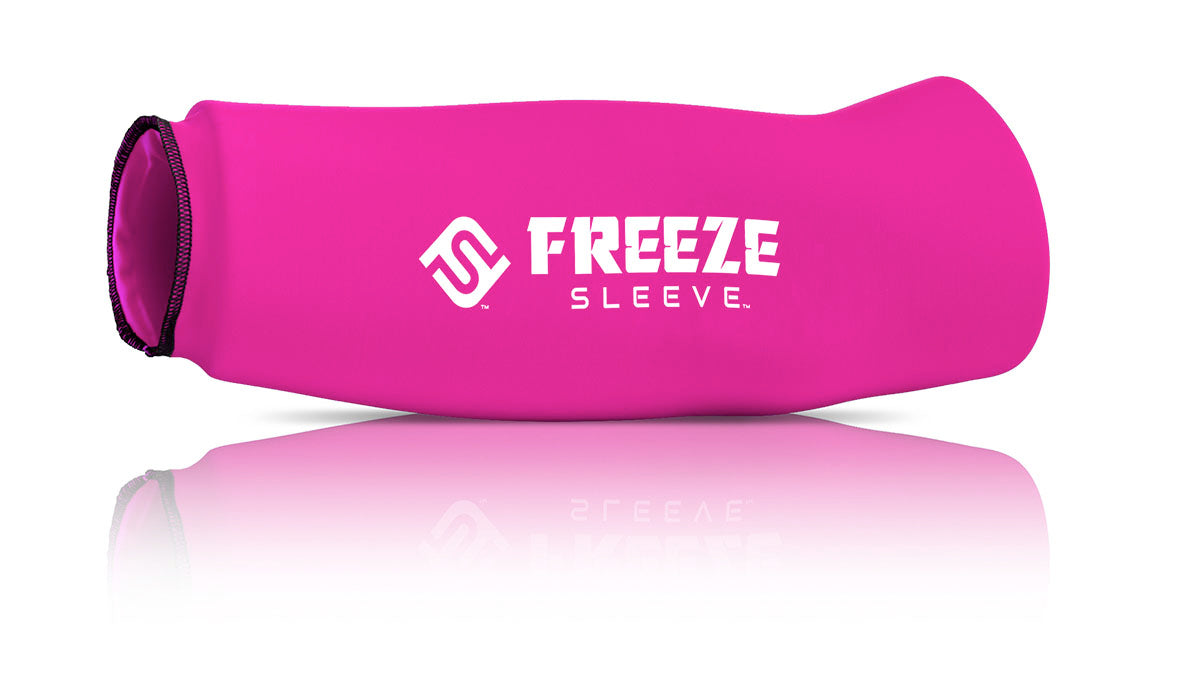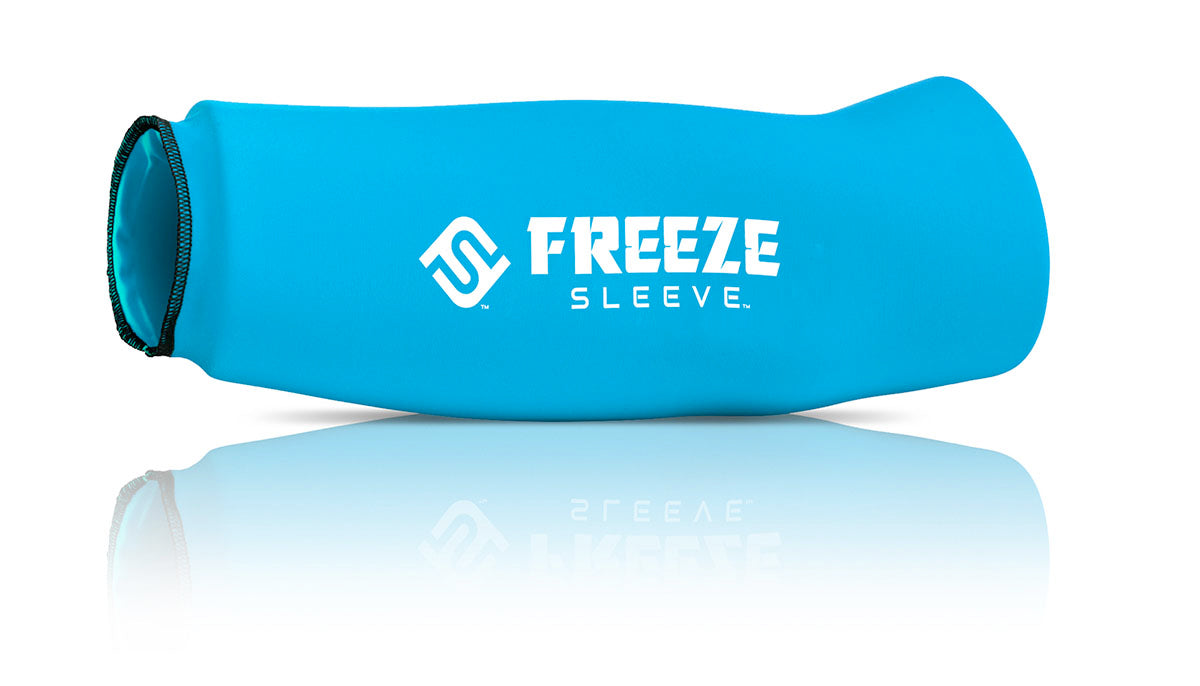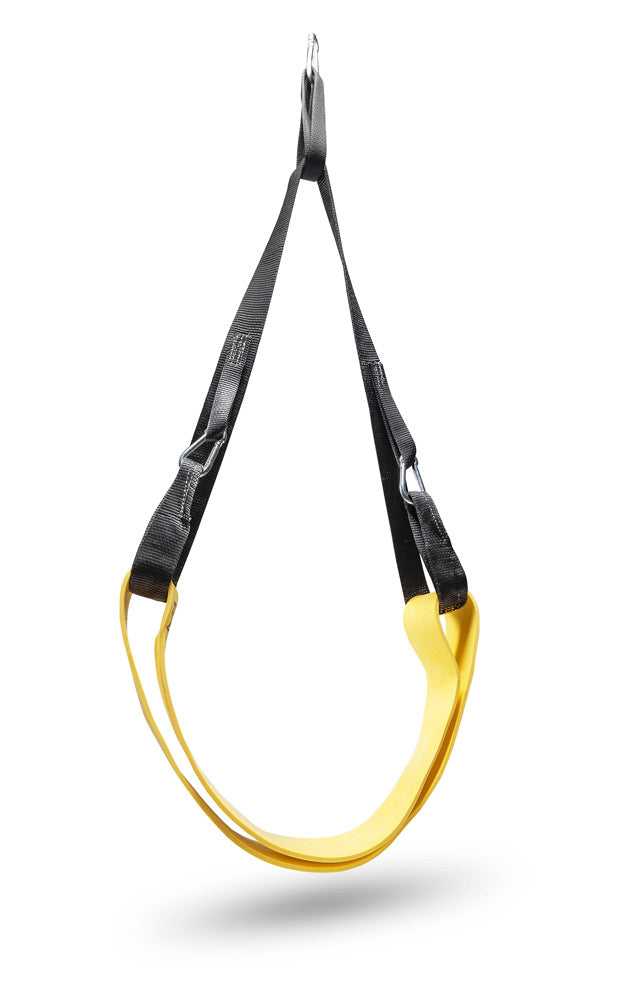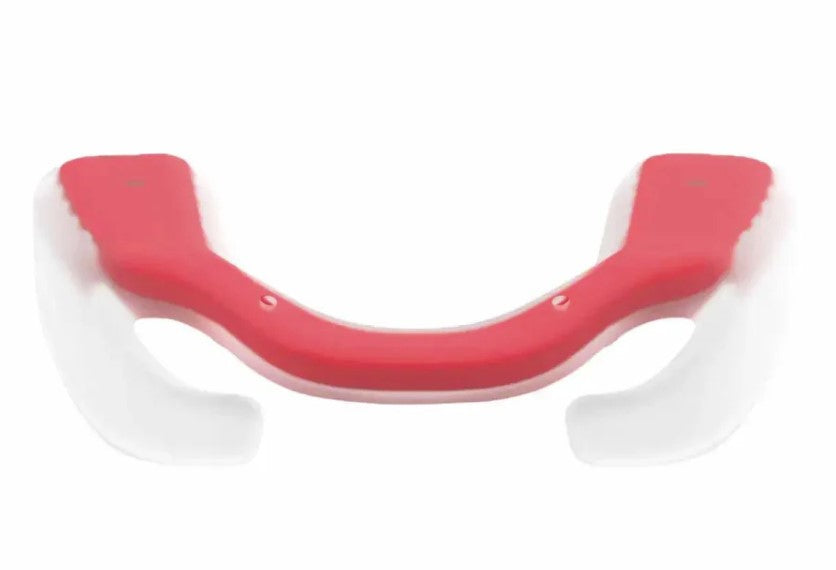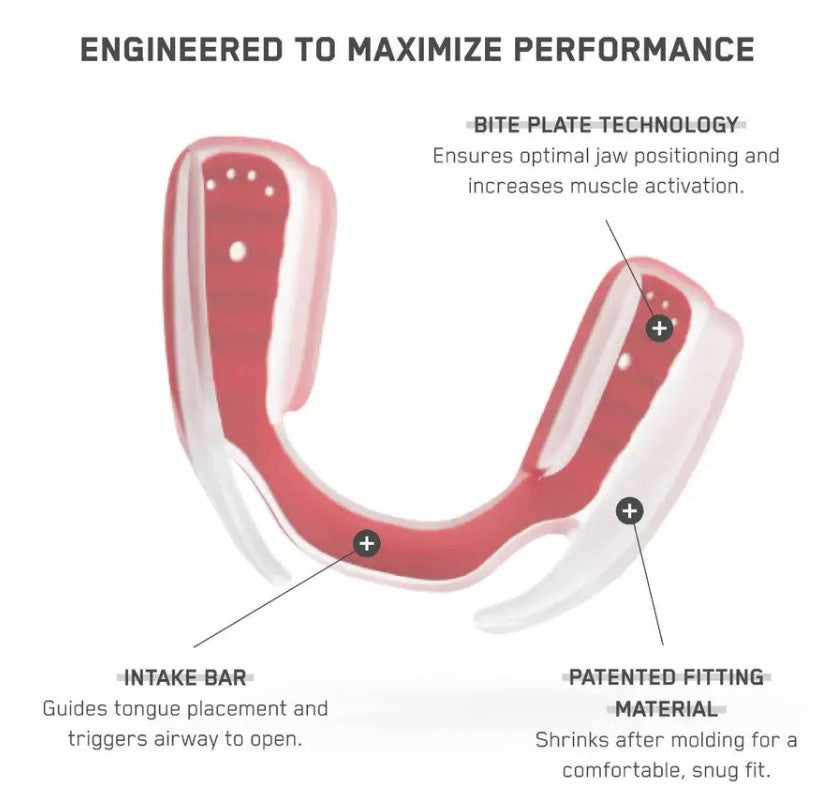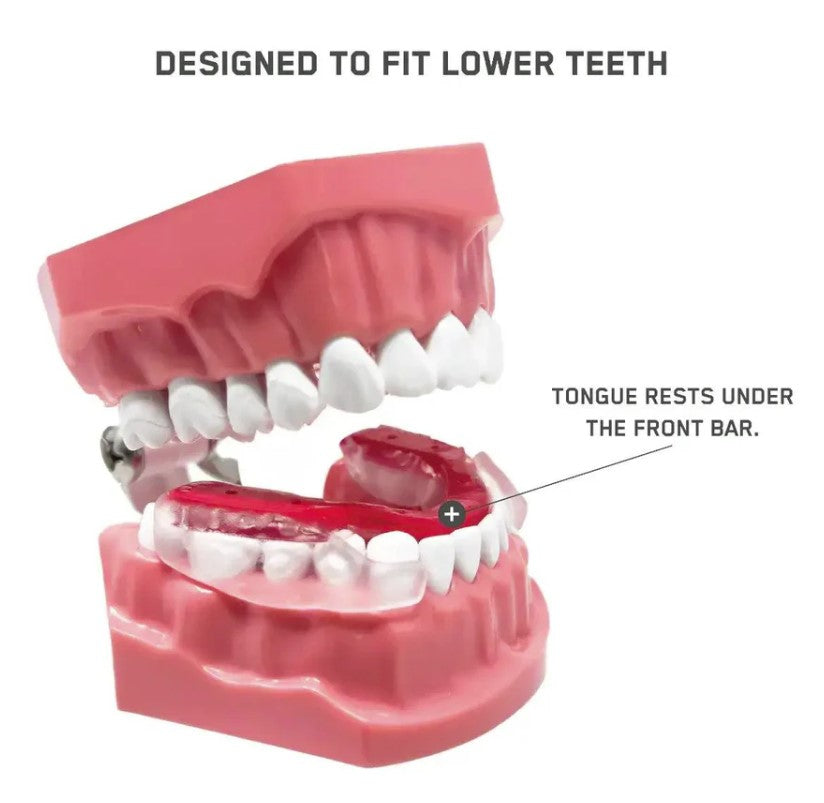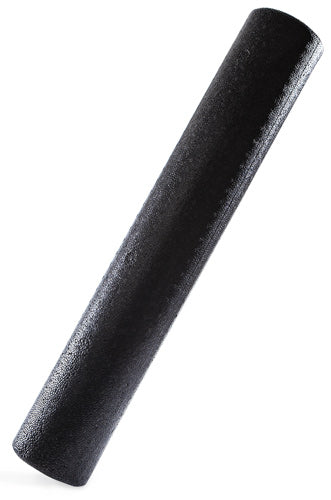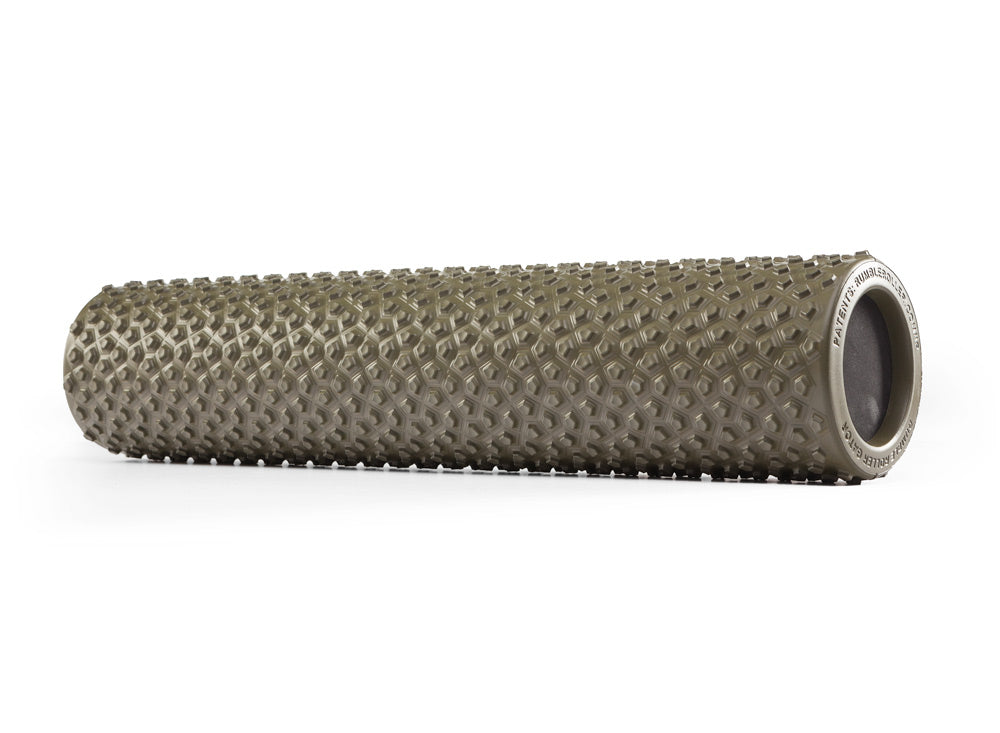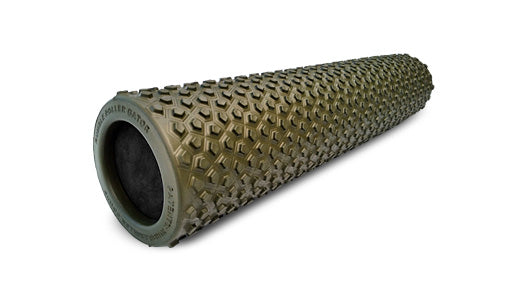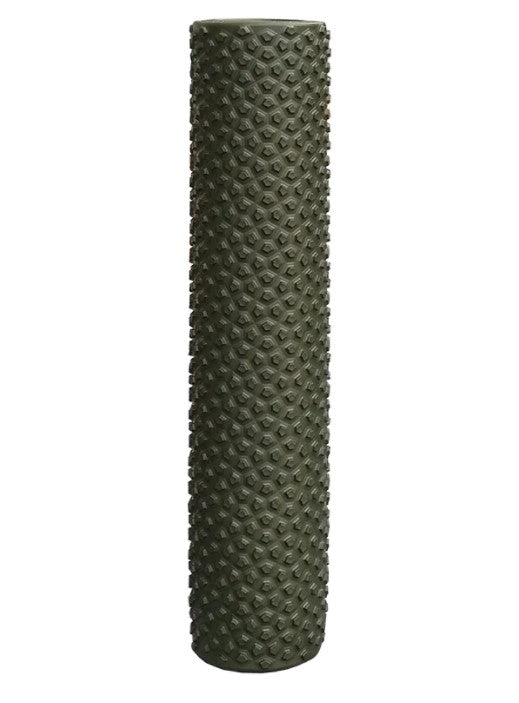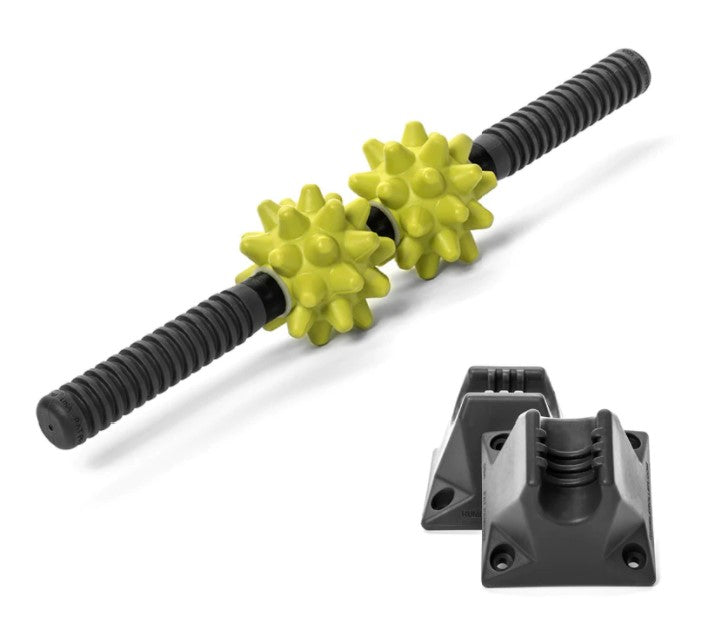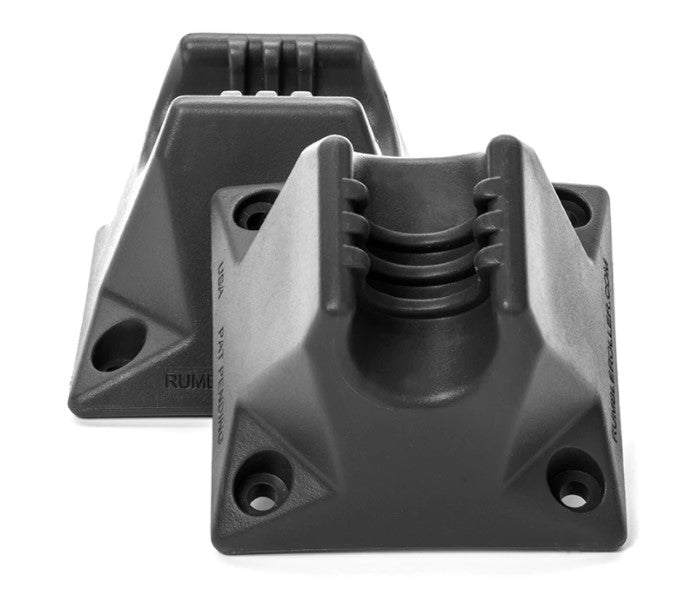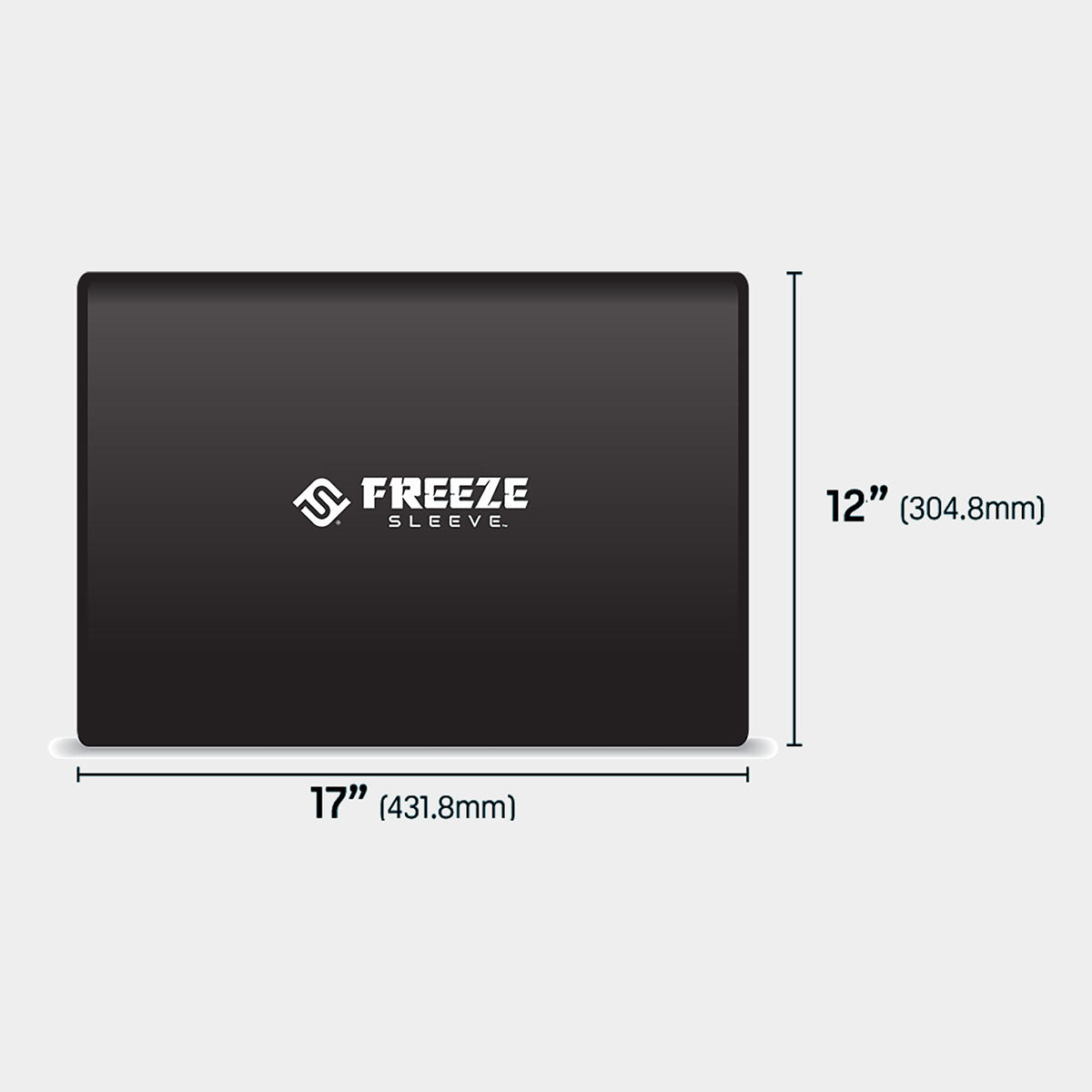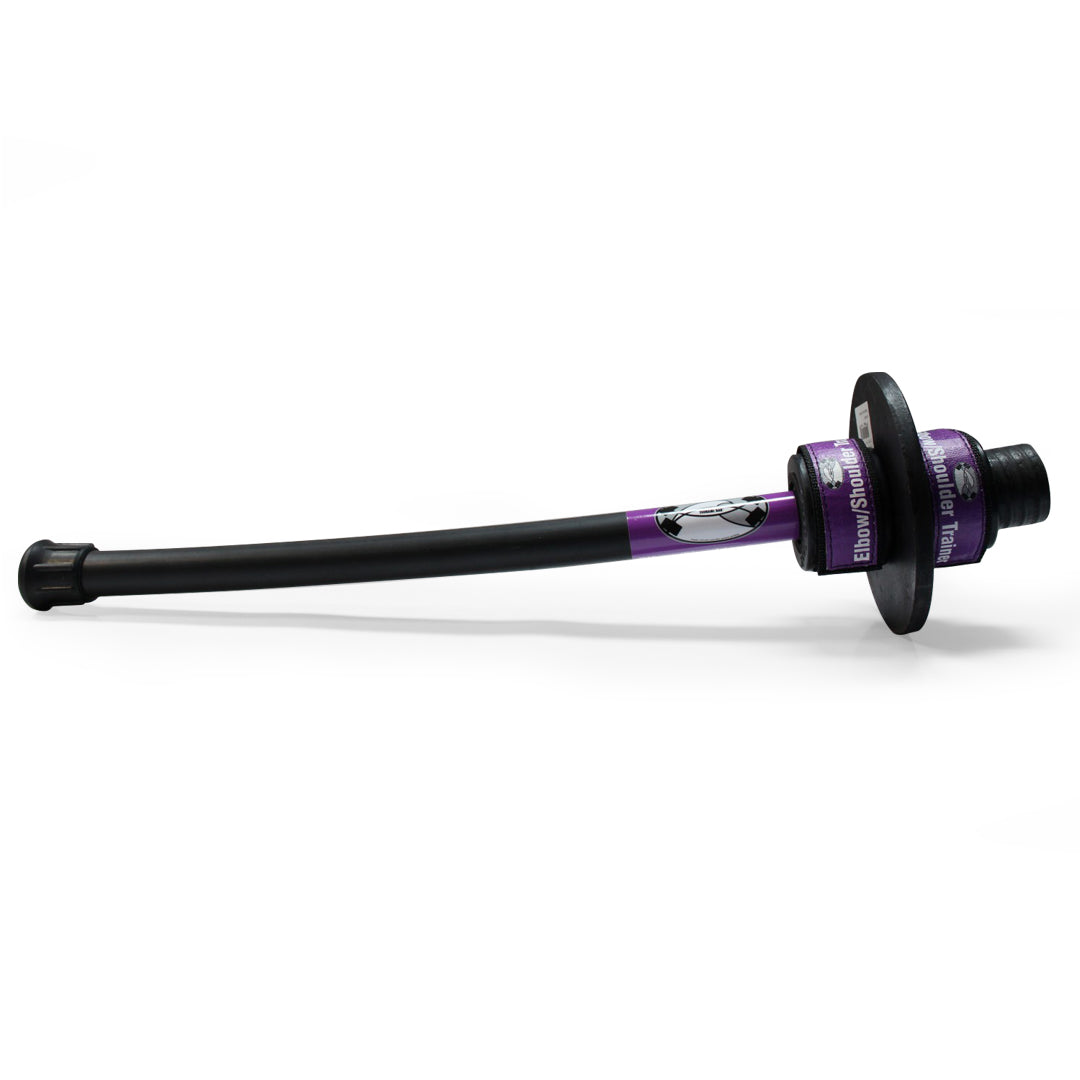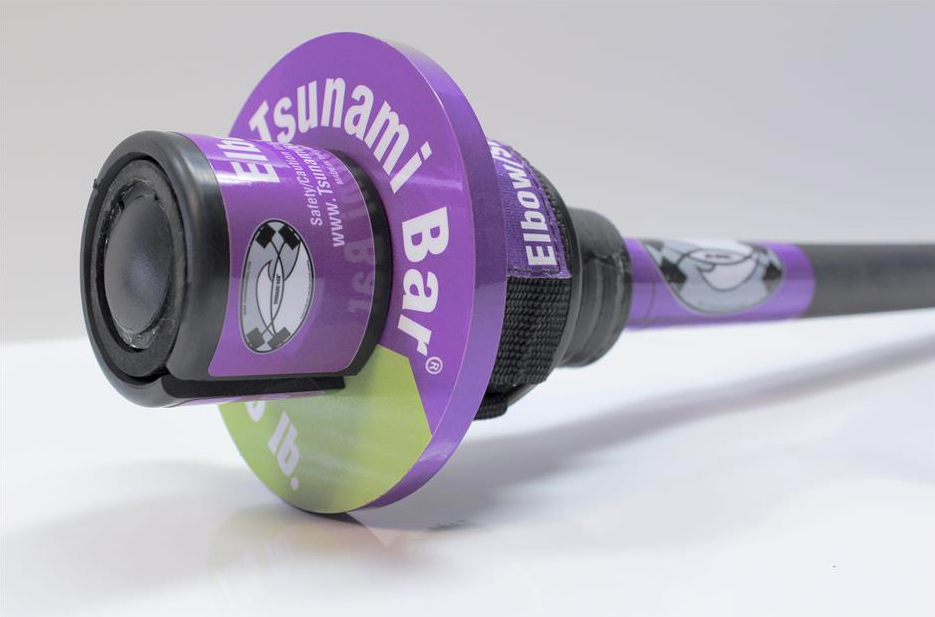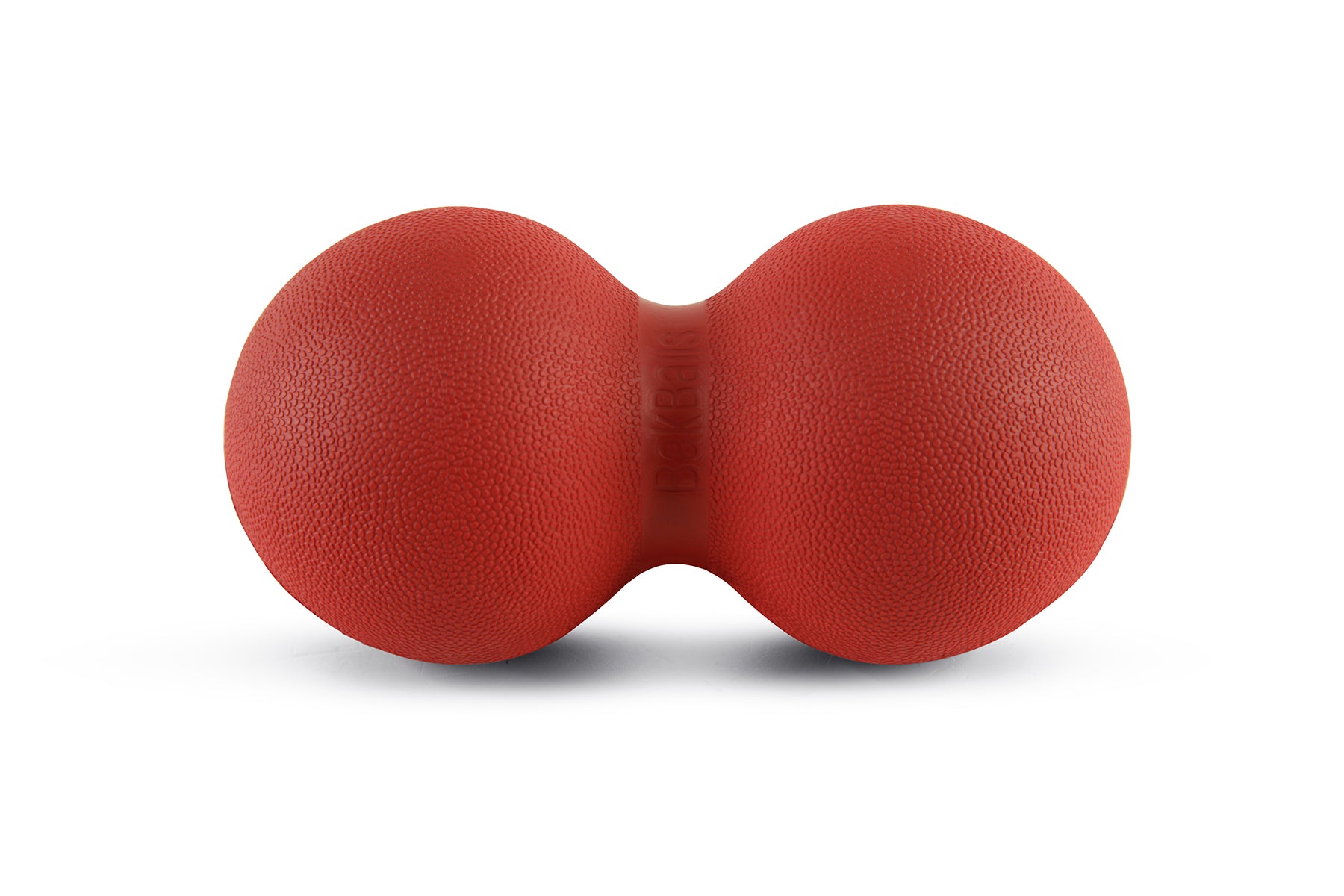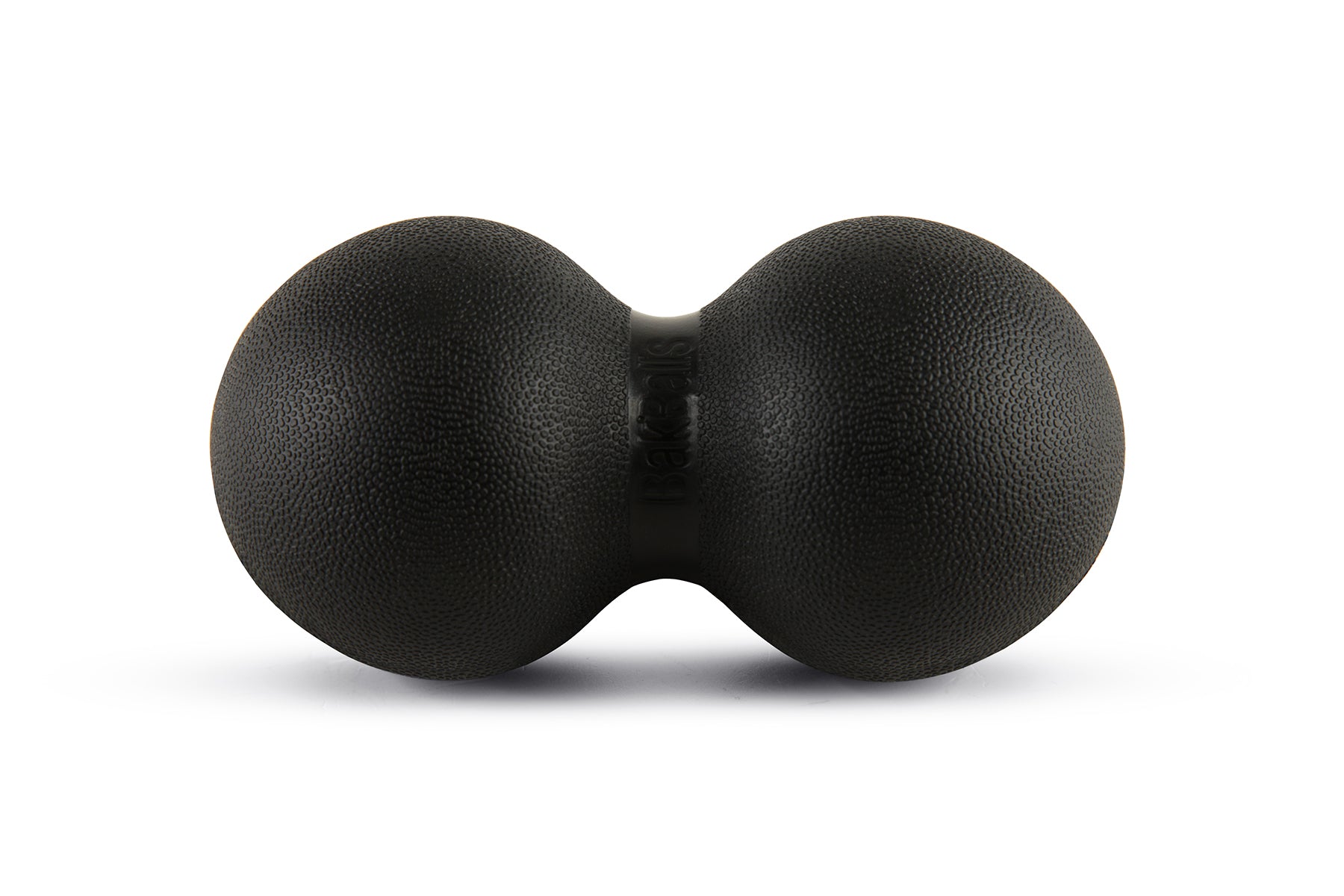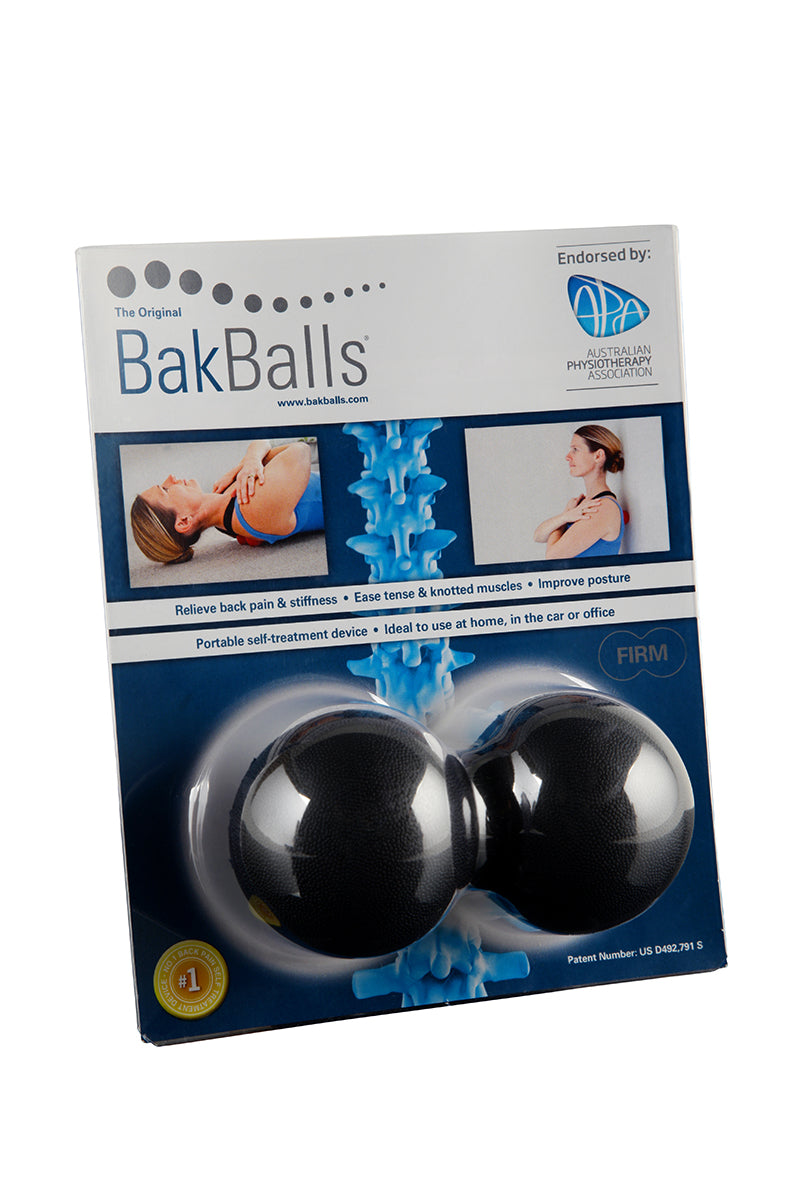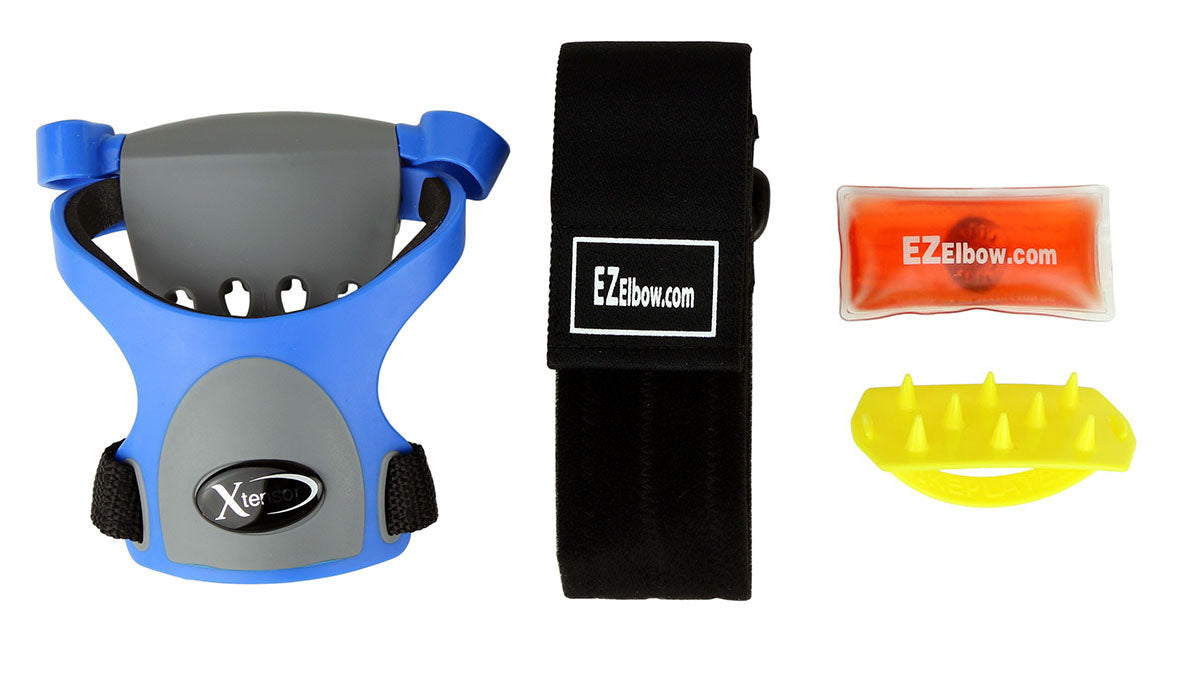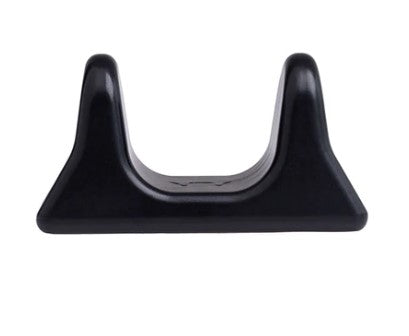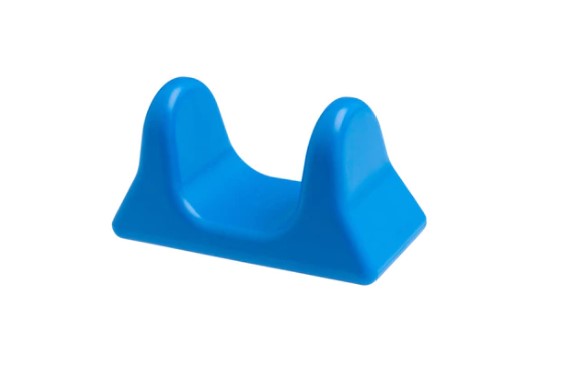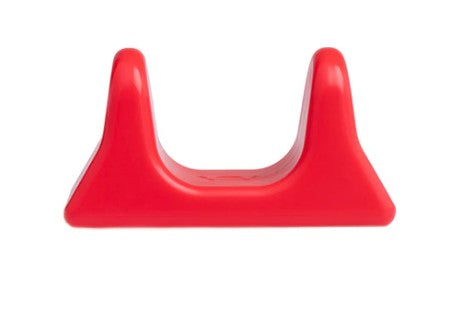
Where do I even start? For more than the past 1 ½ years, I have been diving into thyroid function and health, trying to get a better understanding of my own lab work numbers and the symptoms I have been experiencing. I still do not have a full answer, but I feel as though I am at least on the right path. I wanted to write about my personal struggles with this in hopes of enlightening you and creating more awareness around thyroid health and even more so thyroid “care.” Toward the end of this article, I dive into specific thyroid tests to get, the “normal” ranges versus optimal ranges, and various factors that could be causing thyroid issues.
My Thyroid Story
So, let’s start from the beginning. I’ve always struggled with my weight. I have always felt that I could eat the same as the kids around me but they would be stick thin and I would have cellulite. At age 5, yes age 5, I started getting cellulite. Seriously….what the fuck. I have played sports since I was 5, and I was super active then. Again, what the fuck. And not to mention that I have a fraternal twin sister who didn’t experience this as much at all. It was a running joke growing up that I was the “fat twin.” So, of course, this led to my going into my high school years a professional at “sucking it in” (which, in turn, led to terrible rib cage flaring) and going days without eating. Or just eating pieces of bread as a meal. So, I did get “skinny-ish” eventually. No shit.RECENT: 4-Week, 3-Day Hypertrophy and Strength Block
Fast-forward to college and I said, “Fuck skinny; I want to be jacked.” And I started to dive into bodybuilding. I got pretty lean competing, but still, I had to diet harder and do even more cardio than all of my female counterparts had to. I was always the one killing herself while everyone else was still eating 100g+ carbs. And in every show I did thereafter, I STILL could have been leaner to place better. This became my new normal. To be lean, I had to starve. And even then, I usually didn’t get lean enough. Fast-forward again to my most recent competition prep. I was prepping with Austin Stout as my coach, and he encouraged me to get blood work done. We initiated a prep in May 2018, and come July, we realized that I wasn’t responding well at all. I was losing maybe 1.5 pounds a month at that point, and I felt like shit already. That is not normal, if you are wondering. So, I got some blood work done, and my thyroid stimulating hormone (TSH) was almost 4 uIU/mL (the highest end of “normal,” which is not great). My triiodothyronine (T3) uptake was only 24%, the lowest end of “normal”...and for context, someone with a good metabolism would be closer to 39% uptake. So, I was almost double below what is optimal for a healthy person. And remember this was at the START of my prep. I wasn’t even pushing that hard yet. It is safe to say that my “normal” was already hypothyroid. I will place designated “normal” and optimal ranges later on in this article so that you can have a better idea, so keep reading.
But I still wanted to compete because I’m driven and hard headed, and I just wanted to prove to myself that the “underdog” could make it happen. So, come Spring 2019 (yes, my prep was about a year long), I competed. I had to push harder than I ever had, but I got the leanest I ever did and looked the best I ever did. In the context of the sport, that was a win. However, I knew the minute I jumped off stage that I was going to be in for a ride. My last show of the season was June 15th, 2019, and I got another blood panel done in August, about eight weeks later. You typically want to wait to get blood work 6-8 weeks after a show. Getting blood work right afterward is fine as long as you use the result as data, not necessarily as a starting point for improvement. That’s because it takes a while for a lot of hormones to bounce back. Anyway, I got my blood work in August, and it was really bad. Worse than I thought it was going to be. So, this time, my TSH was greater than 6 ulU/mL, which is off the chart. And my T3 uptake was now 22%, well below the range. Interestingly enough, with all of my labs, my thyroxine (T4) production was actually pretty normal and never changed. This is why it is important to get all areas of the thyroid checked, not just one part of it. Fast-forward again to December 2019, about six months post show, and my TSH dropped to 4.7 ulU/mL. So, it was still high as fuck but getting “better” or at least closer to my original “normal.” My T3 was actually in the middle of the range this time, so not terrible. But this time, I got my reverse T3 checked as well. My reverse T3 was 22.5 ng/dL, which is incredibly high. So, essentially, the conversion of T4 to T3 was completely fucked. And even though my T4 was okay, more was being created into reverse T3, essentially canceling out any active metabolism that I was producing. Hence, very hypothyroid. At this point, I scheduled an appointment with the infamous Dr. Serrano to get my shit together. And he agreed that I needed medical treatment. Had Dr. Serrano been my doctor years ago, we probably would have come to this conclusion a lot sooner, but nevertheless, I was on the right track now.
I am genetically definitely predisposed to having a lower thyroid function for sure. I’ve always struggled to keep my weight the same, let alone decrease it. I’ve had periods in my life where all I wanted to do was sleep, and I’ve been freezing since I was 17. Even if my body fat was in the mid-20%s, I would feel like an ice box. All of these symptoms I thought were normal “for girls,” and just lived with it. I mean, how many girls do you know who are perpetually freezing? A lot probably. Yeah, that’s not normal. PS – Yeah, I know that competing sure didn’t help my subpar thyroid. Part of this was self-induced because I didn’t know better. Well, now you can learn through my mistakes! I still don’t regret competing because it taught me a lot, and that education allows me to positively impact a lot of people.A post shared by Alycia Israel, MS, ISSN, CSCS (@alyciaisrael) onView this post on Instagram
Why is it important to get thyroid testing done?
Your thyroid is literally your lifeline. It is commonly known as your metabolism, but it plays a role in almost every aspect of the processes in your body. These include but are not limited to protein synthesis, body temperature, pregnancy in women (YES. If your thyroid is shit, good luck trying to conceive), weight management, digestion, brain development, mood, bone/skin/hair health, and muscle control. So, a lot of important shit. And the sad thing is, many people walk around with hypothyroidism (low thyroid) and have no idea. Because unfortunately, Western medicine doesn’t take it all that seriously. Ask anyone who has ever been to a common doctor about thyroid issues and just take a seat because she will probably share a years-long story of how hard it was to get help. EVEN if she was symptomatic. You typically have to see a very progressive functional practitioner (like Dr. Serrano) to get help. Therefore, if you struggle with symptoms such as low body temp, skin/hair/nails being brittle or looking “aged,” trouble maintaining body weight/random weight gain, chronic fatigue, constipation, trouble getting pregnant, etc., then it wouldn’t hurt to get some labs done and schedule time with a functional practitioner to look over the results.Thyroid Markers to Test
It is extremely important that if you get thyroid testing done that you receive all or most of these markers below. Note that with any labs you go through, their testing ranges may be different. So, note that my ranges below are based off of Life Extension Lab Testing. TSH – Thyroid Stimulating Hormone TSH is produced by the pituitary gland in your brain. This gland tells your thyroid to make and release the thyroid hormones into your blood. Hence, if the TSH is high, your brain is recognizing that you need more hormone produced to be healthy. So, ideally, we want TSH to be low. Low usually means you have a healthy amount of thyroid hormone circulating. TSH Range: 0.450 – 4.500 uIU/mL *Optimal range should be closer to 0.450. Typically, if someone has a TSH of 3 or higher, she needs to keep an eye on that shit. Total T4 – Thyroxine Total T4 is the T4 that’s bonded to protein along with any free T4. Total T4 Range: 4.5-12.0 ug/dL *Optimal range should be closer to the higher end of 12. The lower your total T4 is, the “slower” your metabolism is. Free T4 Free T4 is the T4 available for use in the blood. Therefore, if your Total T4 is normal but your free T4 sucks, you are up a creek without a paddle. Free T4 Range: 0.82-1.77 ng/dL *Optimal range should be, again, closer to that higher range. This means that you have a higher availability of usable T4. Free T3 – Triiodothyronine This is your body’s ACTIVE metabolism. T4 must convert into T3 for healthy metabolic function and processes to take place. Free T3 Range: 2.0-4.4 pg/mL *Optimal range should, again, be at the higher end. This indicates that T4 is converting into free T3 properly. Reverse T3 The asshole. That is the technical term for this hormone. Just kidding. It is 3,3',5'-triiodothyronine. This is the biologically inactive metabolite of T4. If high, this guy can essentially cancel out the beautiful T3 that your body has just converted. Reverse T3 Range: 9.2-24.1 ng/dL *Optimal range should be on the LOWER end assuming that you are not facing an extreme caloric deficit or in a high-stress environment. The lower your reverse T3 is, the easier it is for your thyroid to function at a healthy level. So, now you can probably see how this can develop into a negative feedback loop. Even if T4 and T3 are “normal,” if your reverse T3 is high (over 20 ng/dL), your TSH will, in turn, skyrocket because not enough free T3 is being used by the body. It’s a circular pattern that if not addressed can create a lot of thyroid dysfunction.What causes thyroid dysfunction?
I am going to speak on it from a downregulation or hypothyroid perspective because that is what I have dealt with and what we typically see more of. A number of things can cause thyroid dysfunction/hypothyroid: This can be caused by genetic predisposition. For example, it runs in your family, or your lineage is very unhealthy (overweight/obesity/diabetes/heart disease, etc.) It can be caused by chronically undereating and nutrient deficiencies. If your calorie count is low, your thyroid will downregulate. This is normal, but if you are in a deficit for too long, the downregulation can have lasting effects. Nutrients such as zinc, selenium, tyrosine, iodine, and others are all necessary for thyroid function. Typically, a deficiency in any of these long term will negatively affect T4 conversion into T3. More research is also being done on oral birth control. Research does show that taking oral birth control long term can cause T4 to T3 conversion issues as well because that conversion takes place in the gut and liver.MORE: What To Do When Your Thyroid Fails You
Gut health issues can lead to hypothyroidism as well. Like I mentioned above, the conversion process takes place in the liver and gut. If your gut is a shit show, T3 ain’t gonna convert properly.
What can you do to optimize thyroid health?
Cover the basics. Eat at a caloric maintenance level or at a surplus if needed, get enough sleep, manage your stress, and make sure that micronutrients are covered. If you are doing all of these things and you are still experiencing issues, you will want to invest in working with a functional practitioner. I know that this was a long one, but I truly hope this helps! I receive a ton of questions on this stuff, so hopefully this article serves as a one-stop shop. If you have any questions or comments, feel free to comment below or shoot me an email. You can also find me on Instagram: alyciaisrael.






